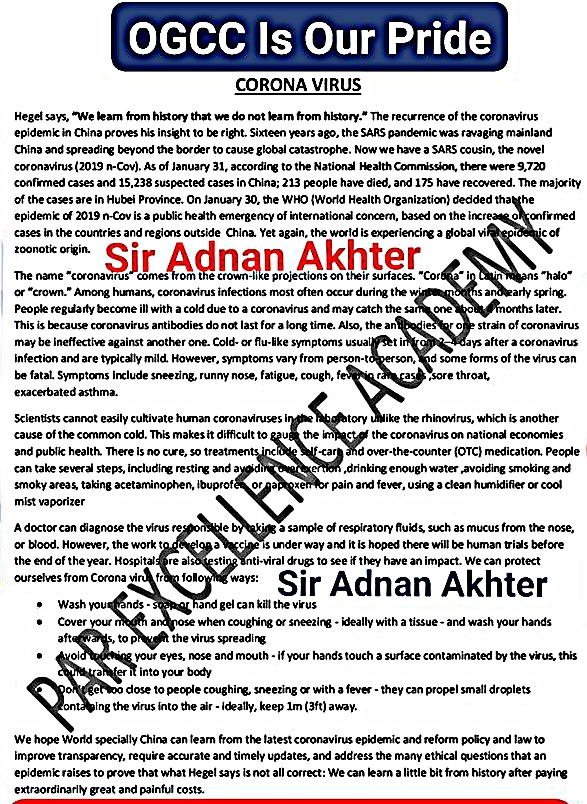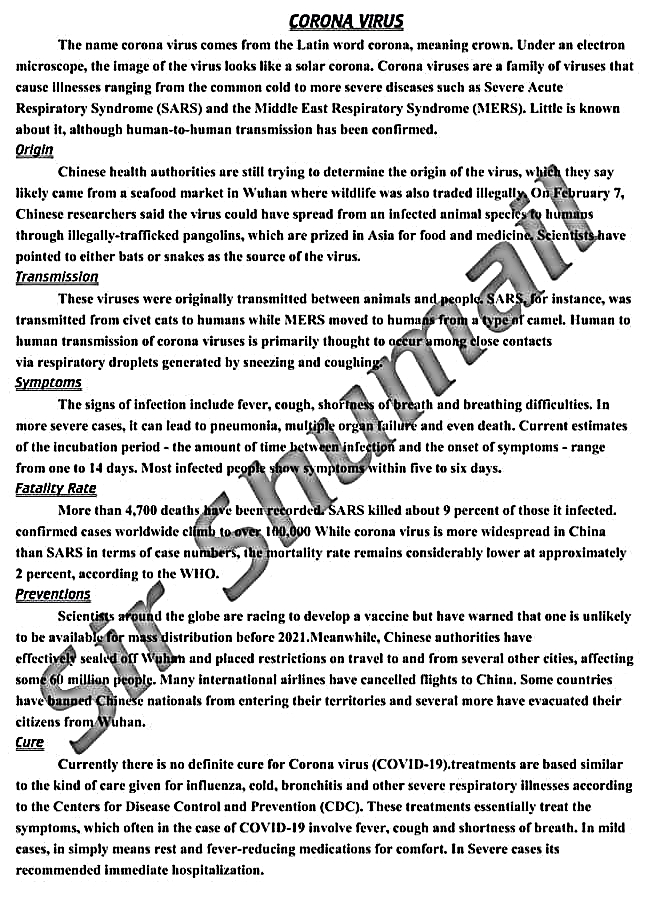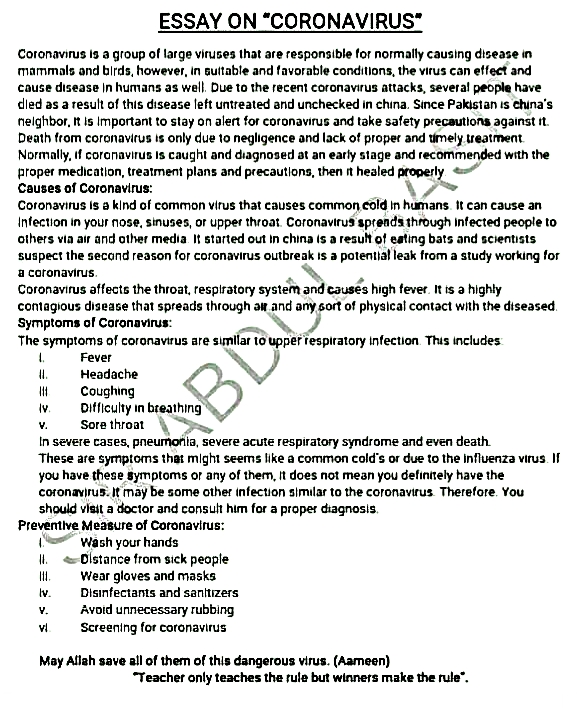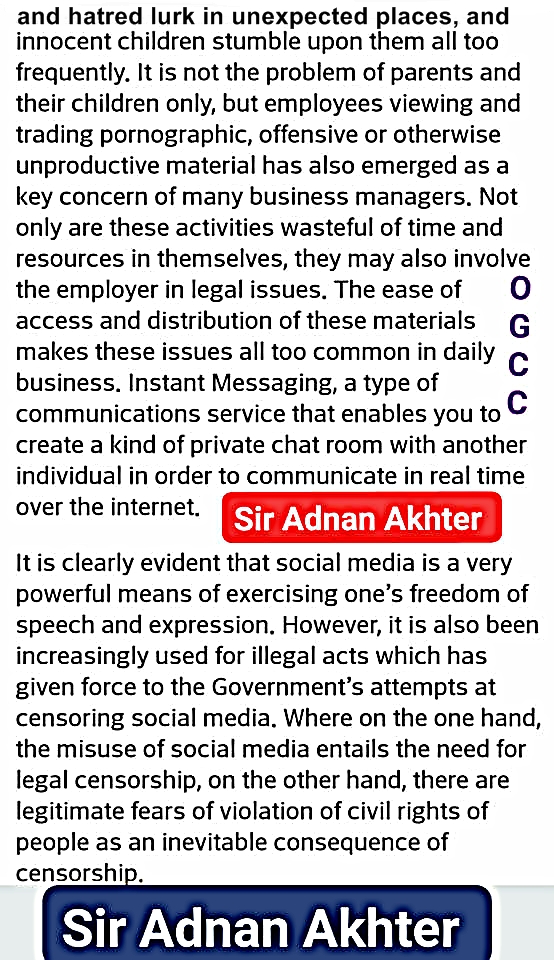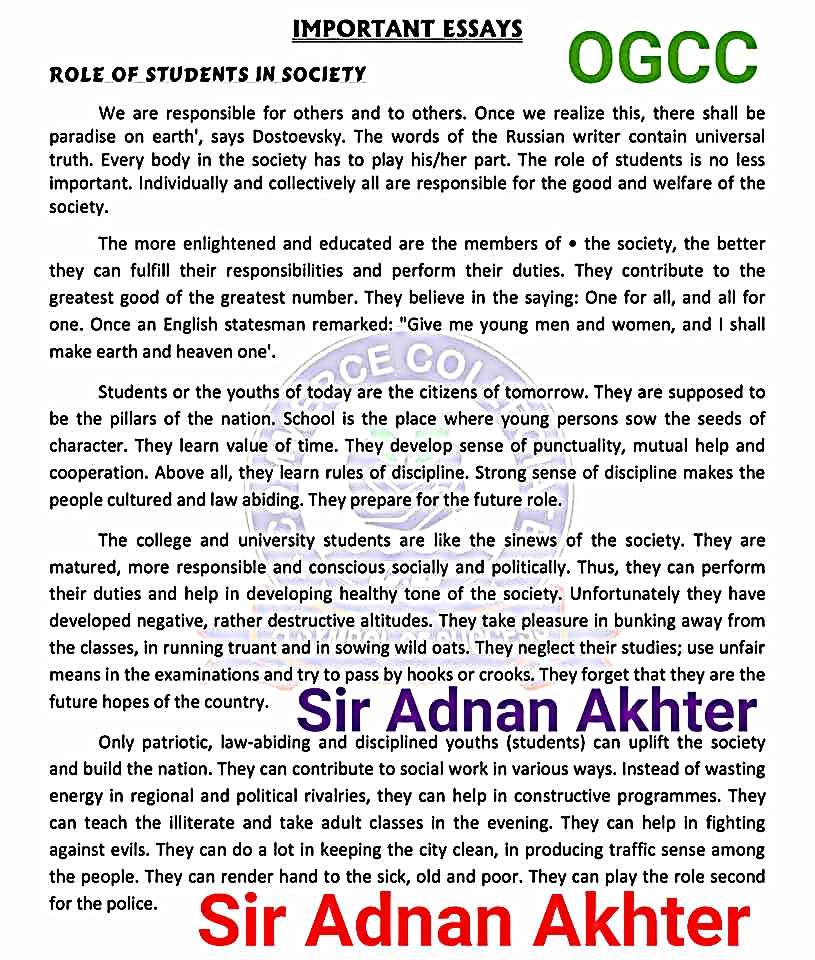Go To Index
THE MINSTREL BOY (POEM)
Reference To Context
Note : Students are advised to read whole chapters and poems thoroughly for reference to context.
Text Book Name: Secondary Stage English Book Two For Class X
Poem: The Minstrel Boy
Poet: Thomas Moore (1779-1852)
Explain With Reference To Context (Poem)
1. The minstrel boy to the war is gone,
In the ranks of death you'll find him,
His father's sword he has girded on,
And his wild harp slung behind him,
(i) Name the poem and the poet / poetess.
(ii) What do you know about the poet / poetess?
(iii) Who was the minstrel?
(iv) Where did the minstrel boy go?
Ans:
(i) Poem: The minstrel boy
Poet: Thomas Moore
(ii) Thomas Moore (1779-1852) was an enthusiastic Irish poet. He was born in Dublin where he studied at the best school. In imitation of Lora Byron, who was his friend, he wrote poem on an oriental theme called "Lalla Rookh." He has expressed his patriotic feelings in this poem.
(iii) The word minstrel was used in the middle ages for singers and musicians. They moved from place to place and entertained the people with their singing. He is such a character who has entertains the audience through his wonderful performance.
(iv) The minstrel boy had gone to the battle-field. He went with the sword of his father. He took with him his harp also which which is a musical instrument with strings. It was hung on his shoulder.
Words / Meanings
1. Minstrel: a singer
2, Girded: worn around the waist
2. "Land of song!" said the warrior bard,
"Though all the world betrays thee,
One sword, at least, thy rights shall guard,
One faithful harp shall praise thee!"
(i) Name the poem and the poet / poetess.
(ii) For whom the poet was the words warrior bard?
(iii) For whom were the songs of harp made?
(iv) What lines tell you the boy is brave?
Ans:
(i) Poem: The minstrel boy
Poet: Thomas Moore
(ii) Thomas Moore has paid a homage to the minstrel boy by allotting him the bites of “warrior bard” and the “proud soul”. Thomas Moore has used these words to exhibit the spirit of patriotism in the minstrel boy. He was a great and brave fighter and was proud of fighting for his homeland.
(iii) The songs sung on the tune of harp were the marks of peace and carried out detention against slavery. these songs were made to please the patriots of minstrel boy’s nation. Only faithfully and Loyal companions and the men who were got freedom of their homeland could hear these songs.
(iv) The following lines of the poem tells us that the boy is brave:
"Land of song!" said the warrior bard,
"Though all the world betrays thee,
One sword, at least, thy rights shall guard,
One faithful harp shall praise thee!"
"Though all the world betrays thee,
One sword, at least, thy rights shall guard,
One faithful harp shall praise thee!"
Reference to Context: (Line: 1-8)
These lines have been taken from the poem “The Minstrel Boy” written by Thomas Moore.
In this poem poet explains that it is impossible to bind the soul that is born free.
Explanation: (Line: 1-8)
In these lines poet says that musician boy has gone to fight in the war. He will be seen in the first ranks, where a persons faces death. He has put on his father’s sword around his waist and his rustic harp was hanging behind him. The poet who was writing poetry of war evens wrote that if whole world betrays the mother land but it is sure that there would be a sword that would protect its rights and there would be a harp which would play the songs of freedom of homeland.
3. The minstrel fell! - but the foeman's chain
Could not bring his proud soul under;
The harp he loved ne'er spoke again,
For he tore its chords asunder,
(i) Name the poem and the poet / poetess.
(ii) why did the minstrel boy destroy his harp?
(iii) For whom the poet was the words proud soul?
(iv) What is the message of the poem?
(v) What words tell you that he was wounded in the battle?
Ans:
(i) Poem: The minstrel boy
Poet: Thomas Moore
(ii) Before the minstrel boy was dead he destroyed his harp because he did not want the song of freedom to be sung in a slavery country. Moreover he did not want his harp to be touched by enemy hands. He had deep sentiments and emotions of patriotism. This shows his love, passions and respect towards his nation and soil.
(iii) Thomas Moore has paid a homage to the minstrel boy by calling him a “proud soul”. It means The enemy defeated him physically but could not conquer his spirit. Thomas Moore has used these words to exhibit the spirit of patriotism in the minstrel boy. He was a great and brave fighter and was proud of fighting for his homeland.
(iv) The message of the poem is that the brave and patriotic people defend their homeland. Such people hate slavery. They prefer to die to maintain their freedom than to live in slavery.
(v) The following words in the above lines tell that the minstrel boy was wounded:
The minstrel fell! - but the foeman's chain
Could not bring his proud soul under;
Words / Meanings
1. Foeman: enemy.
2. Bring his proud soul under: the enemy defeated him physically but could not conquer his spirit.
3. Chords: the strings of harp.
4. Asunder: into separate pieces
4. And said, "No chains shall sully thee,
Thou soul of love and bravery!
Thy songs were made for the pure and free,
They shall never sound in slavery!"
(i) Name the poem and the poet / poetess.
(ii) Who was the speaker by profession and why did he go to the war? Or What spirit did the minstrel bot take to the battlefield?
(iii) Do you agree with the main theme, conveyed through the poem? why?
Ans:
(i) Poem: The minstrel boy
Poet: Thomas Moore
(ii) The speaker was a minstrel boy who was a singer and musician.. Poet tells that his unique spirit of patriotism carried him to the battlefield in order to fight for his country. The boy was filled with loyalty, faithfulness and sincerity. He believed that " Slavery is a curse and freedom is a blessing."
(iii) Yes, I agree with the theme of the poem, because the true patriotism is the main idea of this poem. It is better to die rather to live as a slave.
Words / Meanings
1. Sully: defiled, touched by impure hands, disgrace on
Reference to Context: (Line: 9-16)
These lines have been taken from the poem “The Minstrel Boy” written by Thomas Moore.
In this poem poet explains that it is impossible to bind the soul that is born free.
Explanation: (Line: 9-16)
In these lines poet says that the musician boy was killed in the war. But his proud soul was not conquered by the chains of enemy. The enemy defeated him physically but was not able to conquer his soul. His harp which was very dear to him did not sing more, because when he was wounded he tore its strings. He said to it that as it was soul of love and boldness so it could no be in a position to sing for enemy. Because it’s songs were for the pure and free people, not for the tyrant persons. So it’s songs would never be heard in slavery.
